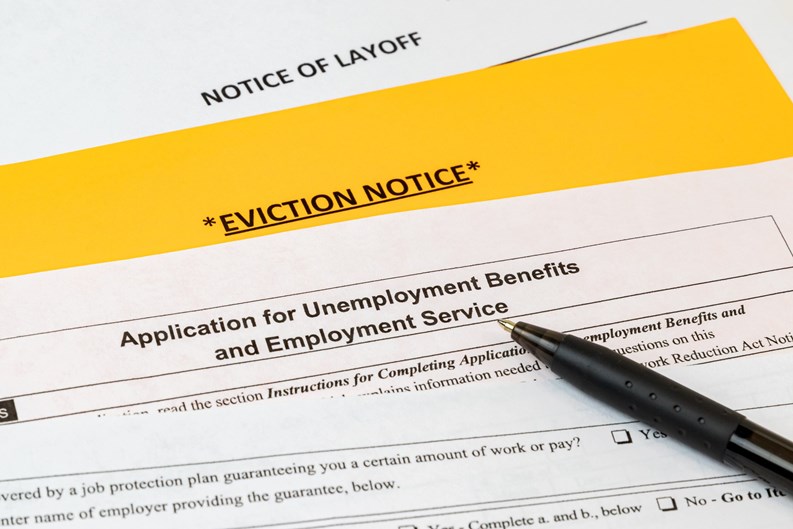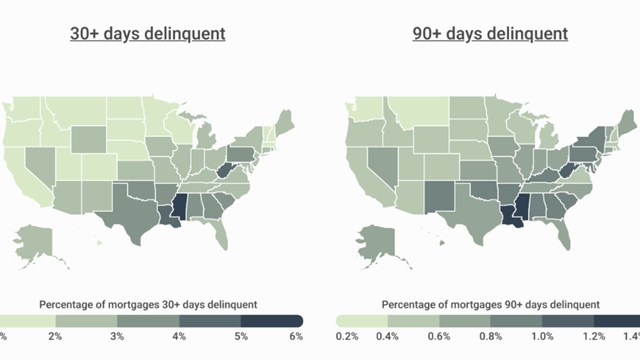On May 7, 2020, New York State Governor Andrew Cuomo signed Executive Order No. 202.28, extending the state's existing moratorium on evictions and foreclosures for an additional 60 days. The Executive Order also extended time periods set forth in certain prior orders, including tolling all statutes of limitations until June 6, 2020.
The Executive Order prohibits the initiation or enforcement of any residential or commercial eviction and foreclosure proceedings for nonpayment for 60 days from June 20, 2020. The Executive Order provides that the moratorium applies to evictions and foreclosures against tenants and borrowers “eligible for unemployment insurance or benefits under state or federal law or otherwise facing financial hardship due to the COVID-19 pandemic.”
The Executive Order also provides that landlords and residential tenants may agree to use the tenant’s security deposit to pay rent, with the agreement to be memorialized in writing. If the tenant has been financially impacted by the COVID-19 pandemic, the landlord is required to agree to the tenant’s request to use the security deposit to pay rent. The Executive Order notes that if the security deposit is less than a full month’s rent payment, the remaining rent due and owing for such month is not waived.
If a tenant’s security deposit is used to pay rent, the tenant is required to replenish the security deposit at a rate of 1/12 the amount used as rent per month, with such payments becoming due and owing at least 90 days from the date the security deposit was used for rent. The tenant has the option to purchase insurance instead of replenishing the monthly security deposit.
The Executive Order also includes that residential landlords are not permitted to charge late fees for rent due from March 20, 2020, through August 20, 2020.
This advisory is offered as a service to clients and friends of Tarter Krinsky & Drogin LLP and The Cooperator and is intended as an informal summary of certain recent legislation, cases, rulings and other developments. This advisory does not constitute legal advice or a legal opinion and is not an adequate substitute for the advice of counsel.










Leave a Comment